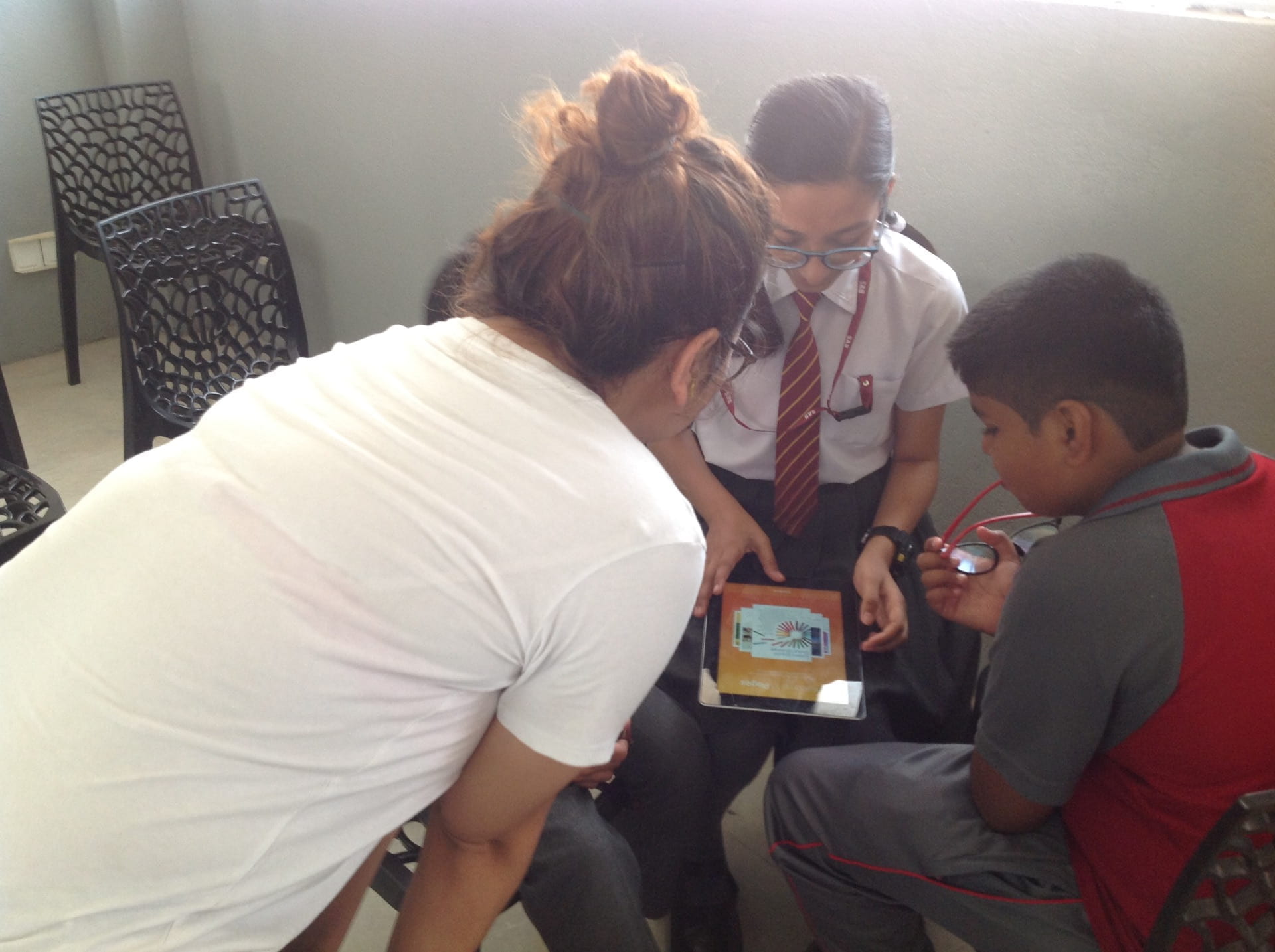Latest posts
- Policy documents: UNICEF Innocenti Discussion Paper on Children and Youth Participation (August 2025) 26 August 2025
- MAP International Online Conference 2025: Session Summaries Report 24 July 2025
- MAP 2025 Conference Highlights: Recordings and Slides 23 July 2025
- Journal article: Reimagining Peace Education in Nepal: Arts-Based, Learner-Centric Pedagogy for Social Justice and Equity 13 July 2025
- Curricula: Mithila art-focused local curriculum in Nepal 2 July 2025
- MAP International Online Conference 2025 1 June 2025
- Policy brief: Gira Ingoma book and policy brief: “The Culture We Want, for the Woman We Want” 28 November 2024
- Manuals and toolkits: GENPEACE Children’s Participation Module in the Development Process 13 November 2024
- Journal article: [Working Paper] Gira Ingoma – One Drum per Girl: The culture we want for the woman we want 30 October 2024
- Curricula: Beyond Tradition: Psychosocial Model 30 October 2024
- Curricula: Beyond Tradition Module: Revitalizing Lenong as a Model for Teaching Betawi Arts 30 October 2024
- Curricula: Beyond Tradition: Lenong Revitalisation as a Model for Teaching Betawi Cultural Arts 30 October 2024
Examining the Interpretation of Civic National Values made by young people in Nepal
23rd March 2020
This post was originally published via Changing the Story (CTS)’s #YoungChangemakers series on 1st October 2019, as part of the CTS sub-project Examining the Interpretations of Civic National Values Made by Young People in Kenya and Nepal.
Changing the Story is an AHRC GCRF project which asks how the arts, heritage and human rights education can support youth-centred approach to civil society building in post-conflict settings across the world. The ‘Examining the Interpretations of Civic National Values Made by Young People in Kenya and Nepal’ was closely linked to the methodologies used in the CTS MAP project, and contributed to Nepal becoming one of MAP’s current country focus. Find out more about Changing the Story and see the original post here: https://changingthestory.leeds.ac.uk
Written by Pramila Bisunke.
When I (first) heard the title of the project (Examining the Interpretation of Civic National Values made by young people in Nepal and Kenya), I was literally perplexed thinking what this is really about.
My role at Changing the Story
In this particular project I was responsible for administration and documentation. I started by going through the documents about changing the story, program content particularly in case of Nepal and its projects in different countries such as Kenya, Zimbabwe, Colombia, Rwanda, Kosovo and Cambodia etc. We were supposed to pilot (our project) in two schools; one rural and one urban. (My role involved) communicating with the schools and (translating) the documents we had about the project: about Changing the Story, information sheets, consent forms for children and lesson plans for teachers etc. needed to be translated from English to Nepali for field work preparation. It was only through doing this I got the gist of what we were supposed to do while simultaneously still wondering how it (would) work. (I started to) document planning meetings, seminars in Tribhuvan University, sessions in schools and review meetings. I prepared meeting notes and disseminated among the people involved in the project and my understanding about project got even better.

I grew up in such school environment where I just sit on the bench and listen to the teacher. Even today, I believe more than half of the schools follow the same teaching method. I will not say this method of teaching is the best in today’s context. Because the concept of teaching and learning is not only limited to student listening and teacher speaking, it is now more about (the) participation of students and using various artistic methods to learn as well as apply the learning better in life.
Working on the documents in our own local language gave me the concept of new methods in teaching along with the use of technology i.e. Ipad. During the fieldwork when I engaged in the activities (I saw) fun group work among students, their own lessons on community and moral education from their course book, reflections on their actual concept of community, living in harmony, equality regardless of gender, background, caste, culture and profession. Moreover, their capacity to reflect their thoughts into community context through arts such as drama, poetry and songs were amazing. It was all smiles on their faces after the activities.
I believe such projects need to be demonstrated in as many schools and countries as possible to adapt the teaching methods in schools. In addition to that, the teachers should be trained in such a way that the learning can be fun rather than memorizing the textbook. This will be a major educational change if we can adapt the teaching methods to the present context of post conflict settings. Particularly in post conflict because people have been displaced or migrated from one place to another, therefore the society is more mixed up in between rural and urban, people from different backgrounds. As the title says Changing the Story, it might help young people to learn about respect, harmony, peace, equality, non-discrimination from the schooling age in more practical ways that they learned through their own engagement.
